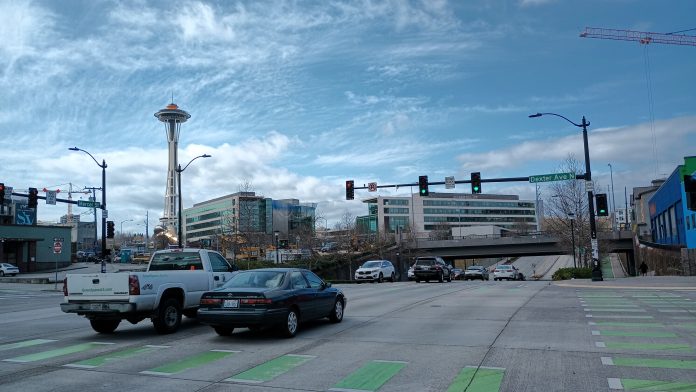
Councilmember Alex Pedersen is renewing a push for Seattle to levy fees on new building projects to pay for capacity improvements to the city’s transportation system, touting a newly released public opinion poll that he says shows broad support for the idea. Pedersen, along with several other councilmembers, have long pushed for the City to implement transportation impact fees, a revenue source permitted under state law and used by many other Washington cities.
But with only six months left for the current city council to act on the issue, it will likely be the next iteration of the city council, and not this one, that will decide whether to pull the trigger and add a new tax on housing in Seattle. Pedersen is still holding out hope he can push it through.
The new poll, which Pedersen commissioned independently using his office budget, asked 1,000 city residents a generic question about the concept of impact fees.
“Seattle may consider imposing fees on new real estate development projects to help pay for the city’s growing needs for transportation infrastructure. (For example, a real estate developer may have to pay $8,000 to the City government on a condominium project the developer hopes to sell for $800,000.) Would you support or oppose these transportation impact fees on new real estate developments to help pay for transportation infrastructure?,” the question read.
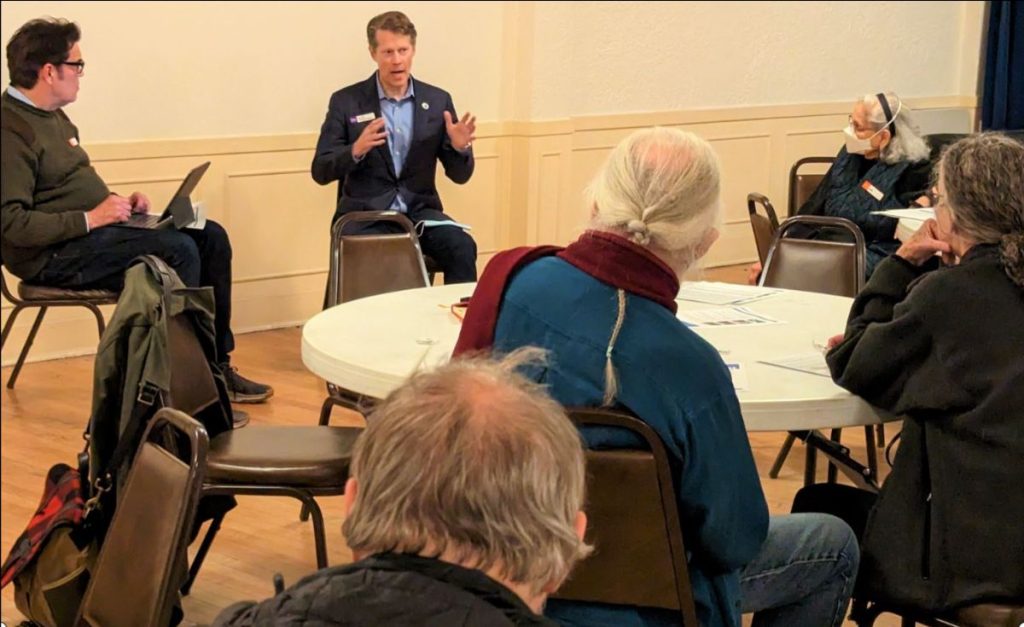
The result: 75% of respondents said that this makes sense to them, an unsurprising fact given how the question was worded. A follow-up question that noted that opponents of impact fees say that the fees will “increase the cost of housing during a housing crisis” brought that number down to 55%. And then a final question, noting that without impact fees sales and property taxes may be raised, that number went to 67%. That rollercoaster of a response curve is a great illustration of the fact that impact fees are a fairly nuanced topic that requires elected officials to dig into policy implications.
The city council is nowhere near finalizing the structure of transportation impact fees, which will likely vary by type of housing and potentially where in the city is located. Earlier this year, a city consultant updated the study showing what the ceiling of that fee could be, and putting in place the potential project list, which includes a lot of broad complete streets projects and a significant number of projects intended to increase general purpose vehicle capacity. It’s way too early to know whether the 1% fee suggested by Pedersen’s poll – which wouldn’t be levied the next time that $800,000 condo changed hands – is close to accurate, much less what the actual impact, so to speak, of impact fees could be.
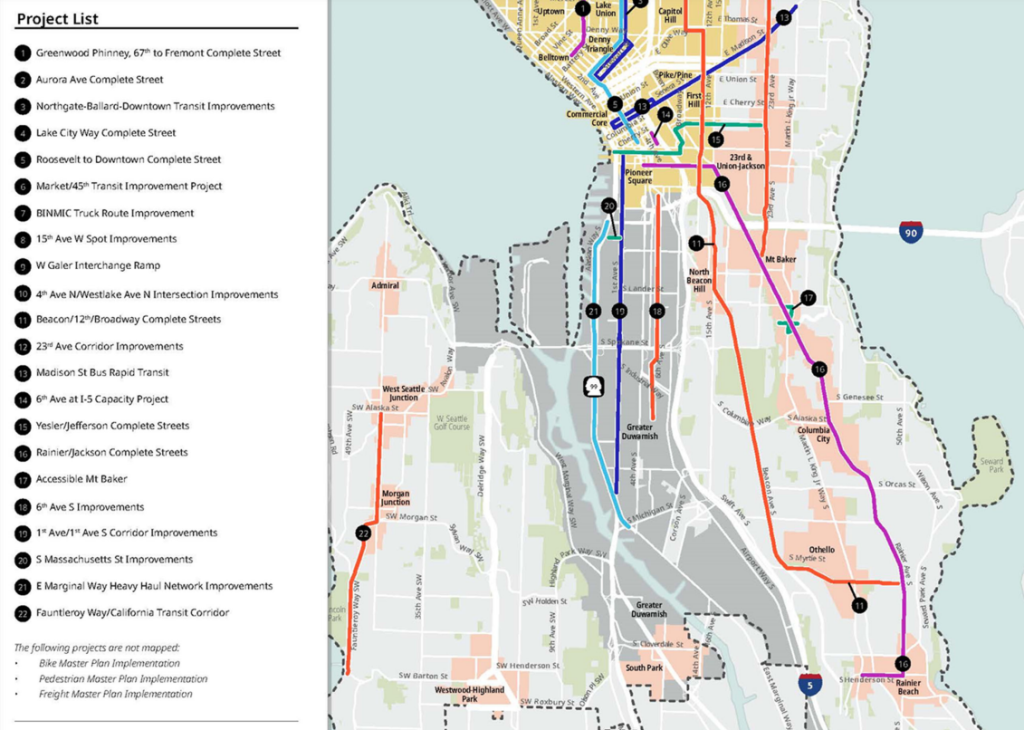
Currently, impact fees can’t move forward due to an active appeal, filed by a group of property owners against the City’s environmental documentation for the proposal. In mid-May, the City agreed to postpone the hearing date, originally set for later that month, to September. Even assuming a quick deliberation by the Hearing Examiner that results in a ruling in the City’s favor, that leaves very little time for the current city council to act before many city councilmembers are replaced in January 2024.
So where do the candidates stand on impact fees? The Urbanist asked all council candidates about the issue as part of our full election questionnaire, which we will be publishing in full for each candidate in the coming weeks. The answers show a broad array of opinions on the policy, with far from overwhelming support for the idea, in contrast with Pedersen’s poll.
The Incumbents
As far as current city councilmembers go, District 7 Councilmember Andrew Lewis wrote that the time isn’t right for the city to implement transportation impact fees.
“In the past I have supported impact fees conceptually,” he wrote. “Indeed, MHA [the Mandatory Housing Affordability program] is essentially an impact fee of a type. However, we need to be cognizant of two extremely prescient pressures: (1) new economic conditions of rising costs of raw materials and interest rates making it increasingly difficult to build new housing, and (2) the cumulative impact of City fees and taxes on building. For example, we are about to enact a tree ordinance that may well include some form of fee. That, on top of MHA, etc.”
Lewis makes clear he’s a no on approving impact fees right now. “Given these pressures, I do not think this moment in time is the right time to enact an impact fee. That does not mean under different circumstances some form of impact fee would be appropriate,” he said.
Lewis’s biggest challenger, Piroshki dumpling entrepreneur Olga Sagan expressed support for impact fees.
“Impact fees in my opinion are not a bad revenue tool, as long as there is a clear public benefit that is created,” she wrote. “The fee structure should also encourage and incentivize businesses to invest in their communities, not simply pay the fee and call it a day.”
The businesses that will pay impact fees (developers) don’t have any control over what projects can be funded.
Current District 2 Councilmember Tammy Morales, on the other hand, suggested that she could support them.
“I think transportation impact fees are worth considering,” Morales wrote. “Most large cities do them to help fund public infrastructure. Given our clear need for a built-out network of protected bike lanes, our dearth of safe sidewalks, and our significant lack of progress on reaching our Climate Action Plan goals, I want to consider any option that can help move people out of cars. We need to make leaving your car behind the easy choice. Increasing revenue to make roads safer and improve access to essential goods and services just makes sense. We’re a C40 city and we should act like one.”
Tanya Woo, challenging Morales for her South Seattle seat, sounded more skeptical of the idea of impact fees than Morales. “I believe that impact fees run the risk of trickling down to low-income, people of color and vulnerable people,” she wrote. “These fees should not be extraordinary so as not to impact development or development schedules tremendously. The revenue from these fees must be prioritized for communities most disproportionately impacted by the new development.”
Land use chair and District 6 Councilmember Dan Strauss, who expounded on other topics in The Urbanist’s questionnaire, did not provide an answer on the issue of impact fees, saying only that they’re currently being appealed. Strauss’s challenger, Pete Hanning, did not respond to the Urbanist’s election questionnaire.
The Open Seats: District 4
The balance of support for impact fees on the council could come down to a few key races in seats being vacated, with a number of front-runners voicing skepticism of the idea of piling on impact fees. Ron Davis, vying for Pedersen’s District 4 seat, came out strongly against the idea of imposing impact fees.
“They are perverse, raising the cost of supplying a good with significant positive environmental, economic, and social justice externalities,” Davis wrote, noting that he thinks property taxes accomplish the same purpose that impact fees are intended to solve.
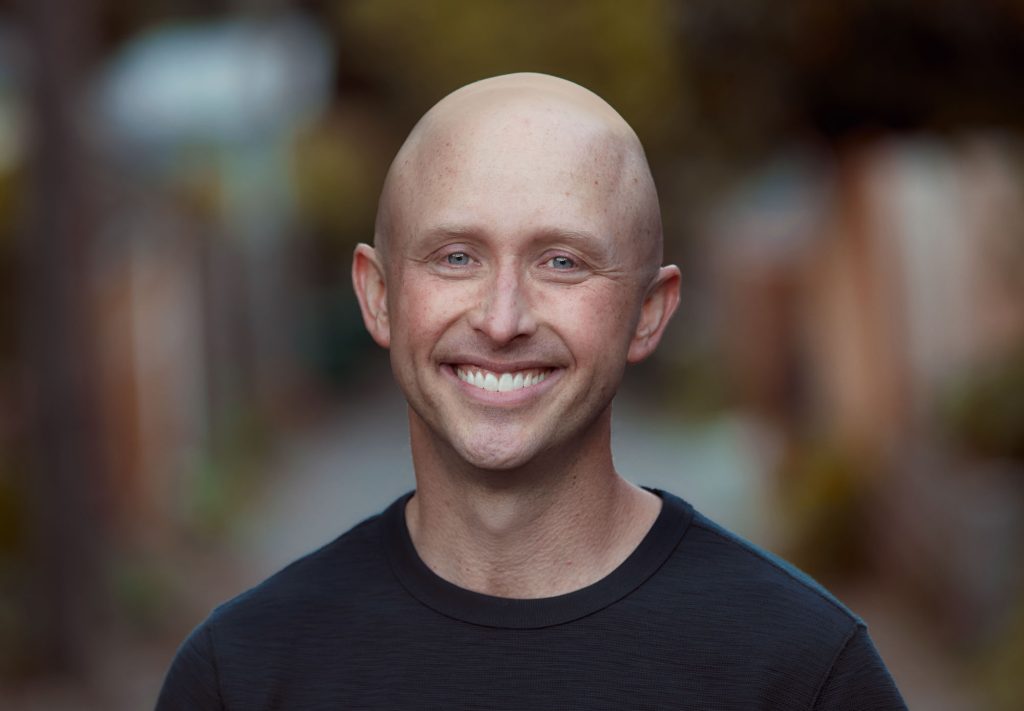
Davis’s challenger, Maritza Rivera, on the other hand, appears to be all-in on Pedersen’s proposal to implement impact fees, echoing his language that for-profit developers can afford to fork over a little more money. “A good impact fee proposal will be built in collaboration with the business community, labor, and stakeholders from across the political spectrum and focused on shoring up investments in varied, multi-modal transportation options throughout our City,” she wrote.
Kenneth Wilson, the civil engineer who unsuccessfully challenged citywide councilmember Teresa Mosqueda in 2021, now leading on fundraising in the D4 race, did not respond to The Urbanist’s questionnaire.
District 3
In central Seattle’s District 3, Joy Hollingsworth, the frontrunner on fundraising for the seat being vacated by Kshama Sawant, voiced support for impact fees. “The proposed Impact Fees are a unified response to meet the growing needs of our city to become more accessible and climate-friendly,” Hollingsworth wrote. “We must invest in the infrastructure necessary to keep our city’s services and programs sustainable and meet the needs of our growing population.”
Andrew Ashiofu, an early entrant into the race prioritizing the issue of housing, also said he supports impact fees.
But Alex Hudson, the former executive director at Transportation Choices Coalition, running on an urbanist platform, blasted impact fees in her response. “I believe that impact fees are not a tool that works in an urban context or a housing supply crisis and, ultimately, they contribute to cost escalation and delay, and I do not support them,” she wrote.
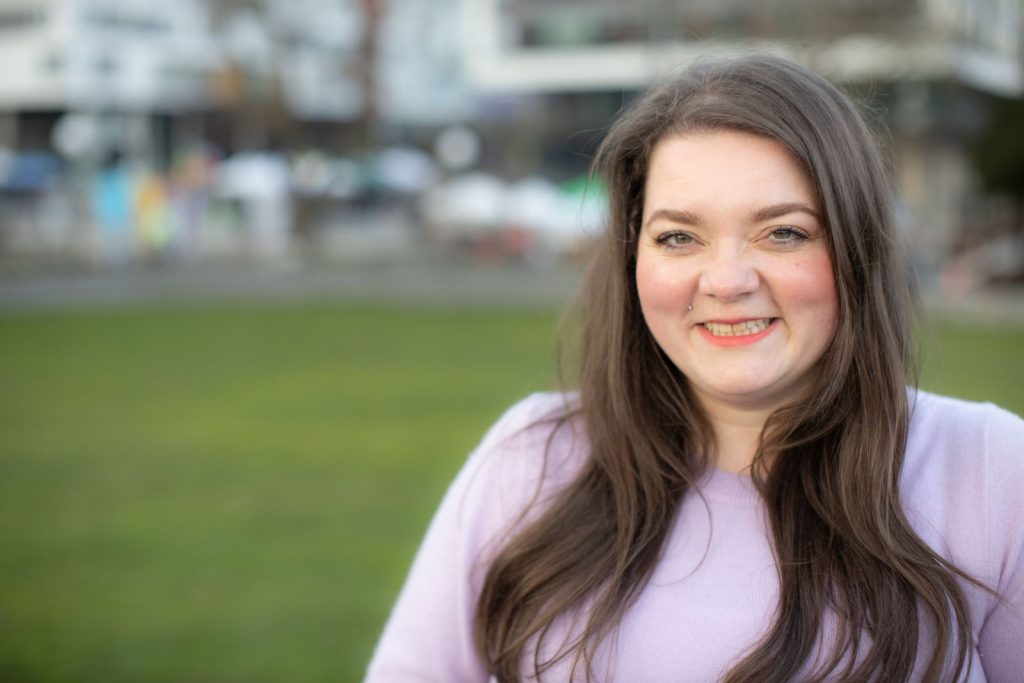
Deputy prosecutor at King County and former Seattle Subway Executive Director Efrain Hudnell said, impact fees are “[b]ad, just bad,” and that the city should “flip this paradigm on its head by removing impact fees and imposing tax penalties for practices that don’t comport with our imminent need for more housing.” Hudnell is also running on an urbanist-minded platform.
Broadway actor Ry Armstrong, another progressive in the race, also cast doubt on using impact fees. “I think impact fees are a bureaucratic excuse for circumventing real investment in social housing,” they wrote.
District 1
In District 1, candidates competing to replace Lisa Herbold, a strident supporter of impact fees, also are likely to continue to support the policy. The district, which encompasses West Seattle and the Duwamish Valley, had a huge spotlight put on its transportation infrastructure over the past few years.
Rob Saka, a frontrunner aligning himself with Mayor Bruce Harrell, said he would support a “balanced and equitable approach” to implementing impact fees but does support them.
Preston Anderson, his challenger running largely on homelessness issues, unequivocally supported impact fees, calling them necessary despite the fact that Seattle has held off on imposing them for decades.
And Maren Costa, the candidate identifying as an urbanist in the race, said she thinks impact fees can be “structured in a way that creates predictability for developers which will be important if they are assessed in Seattle to ensure important housing development and surrounding infrastructure doesn’t cool amidst our housing crisis.”
Eltana Bagel entrepreneur Stephen Brown also said he supports them. “If done well, impact fees can advance equity and match value provided by government to value received,” he said.
District 5
Up in North Seattle’s District 5, on the other hand, things are more up-in-the-air.
Nilu Jenks, who has raised the most in her bid to replace retiring councilmember Debra Juarez, expressed an overall skepticism of the idea of impact fees. “I am not inclined to support impact fees, because we should be doing everything we can to encourage housing development in our city,” she wrote. But Jenks didn’t completely rule out supporting them. “My general position is to be careful about adding hurdles to increased housing supply and density, especially with increasing interest rates already deterring building.”
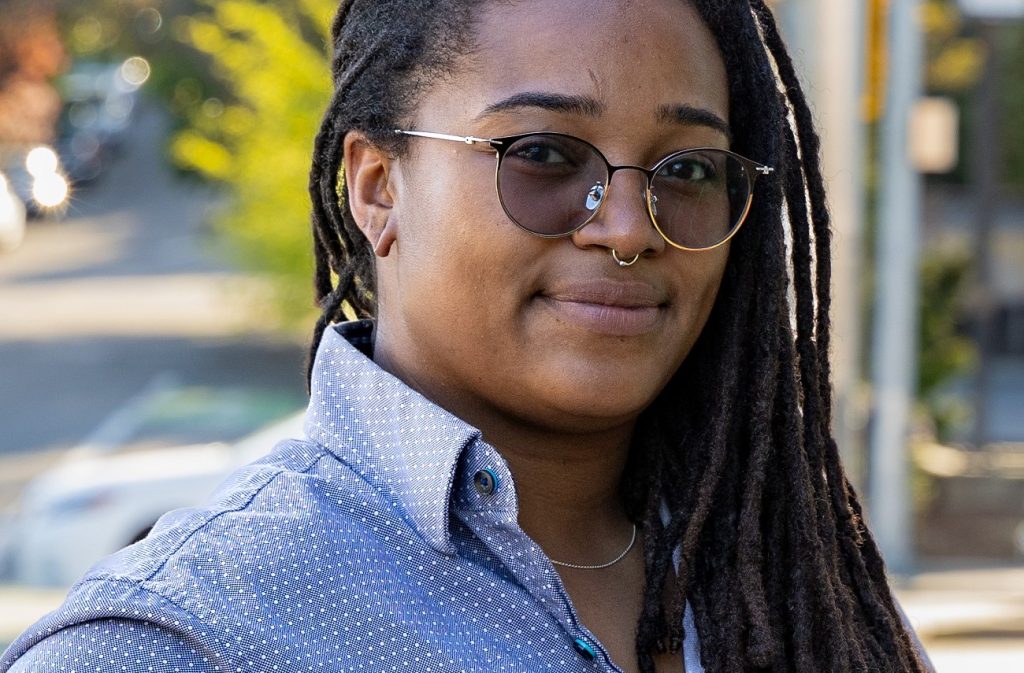
Tye Reed, a late entrant spelling out a bold agenda of other progressive revenue sources, was even more clear about a lack of support for impact fees. “Not only would the implementation process cost precious time and resources, the fee itself would slow down Seattle’s already stagnant development,” Reed wrote. “Additionally, tying vital services to the whims of private developers is a dangerous and short-sighted move.”
Challenger Cathy Moore, a former King County Superior Court judge, said she does support impact fees, stating she’d waive them for buildings serving the lowest income bands.
Equity consultant ChrisTiana ObeySumner offered measured support: “I support them to an extent due to the revenue they bring in. However, I believe that at times they cause fear because people assume that they will disincentivize housing development projects. There needs to be more mindfulness in how the impact fees are implemented and ensuring that there is an intersectional conversation to enforce them without causing unintended consequences.”
With some clear divisions among council candidates over whether impact fees are a burden on badly needed housing or a positive source of new revenue, it’s clear that this November’s council elections will make the difference on whether Seattle ultimately decides to implement them.
Ryan Packer has been writing for The Urbanist since 2015, and currently reports full-time as Contributing Editor. Their beats are transportation, land use, public space, traffic safety, and obscure community meetings. Packer has also reported for other regional outlets including BikePortland, Seattle Met, and PubliCola. They live in the Capitol Hill neighborhood of Seattle.

